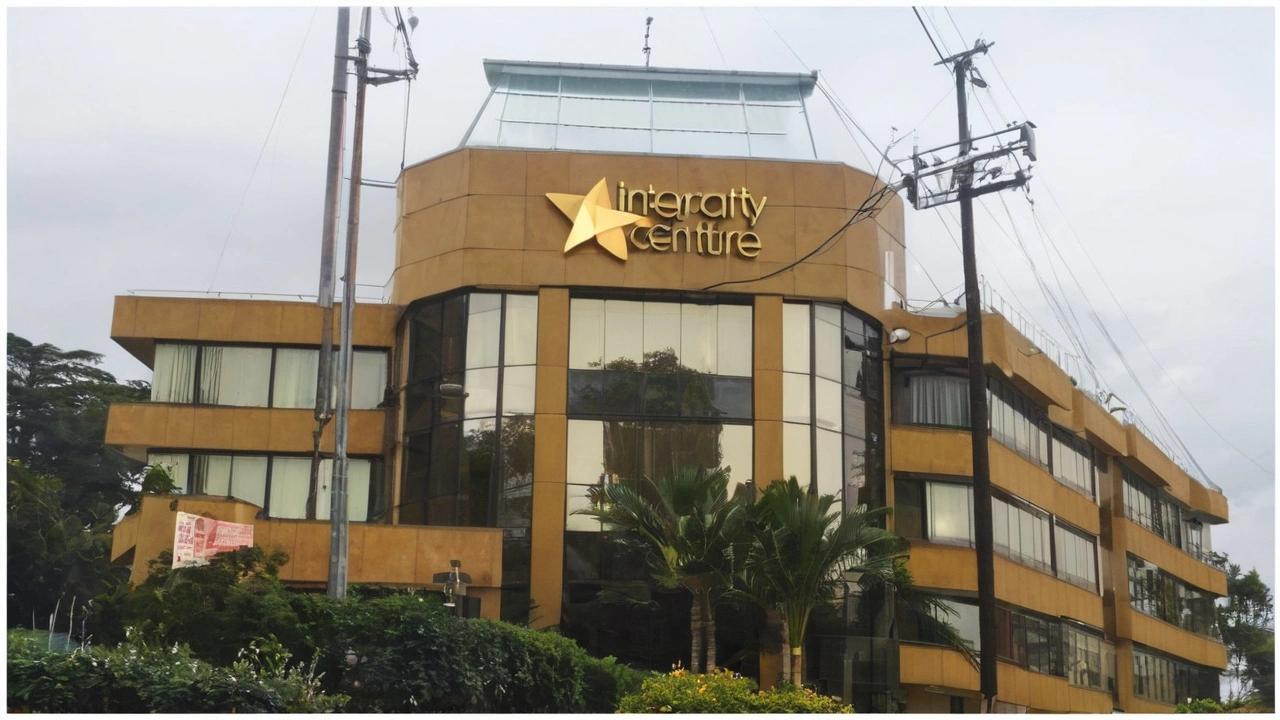Understanding Vetting: Why It Matters in Today's News
Ever wonder how news sites like Caring Updates Today make sure the stories they share are trustworthy? That's where vetting comes in. Vetting is basically the process of checking facts and sources before publishing any information. It’s the behind-the-scenes work that prevents false news from reaching you.
Think about the last shocking headline you saw. Without vetting, false or misleading reports could spread like wildfire, causing confusion or even panic. But with proper vetting, news organizations verify details, confirm sources, and cross-check data to present you with reliable updates you can trust.
How Vetting Works in the News Industry
Vetting starts the moment a news tip or story idea comes in. Reporters and editors dig into the facts: Are the sources credible? Can the information be confirmed by multiple parties? Is there any bias or misinformation hidden in the story? By answering these questions, the team filters out anything questionable.
For example, when covering a complex story like Justin Timberlake’s Lyme disease revelation or political reforms in Nigeria, vetting means confirming statements directly from reliable representatives or official documents. This prevents rumors or falsehoods from making it into the news.
Why You Should Care About Vetting
In a world flooded with info from all directions, vetting is your shield against fake news. When you see a story tagged with 'vetting' on Caring Updates Today, know that it went through tough checks for accuracy. This means you get updates that matter and can count on.
So next time you’re reading about big events—from sports upsets to political changes—remember that vetting helps keep the story straight. It saves you from wasting time on misleading headlines and keeps you well informed.
Vetting isn’t perfect, but it’s one of the best ways news outlets ensure credibility. The process protects readers and helps maintain trust between you and the information you rely on daily.

EACC Clarifies Role Amidst Allegations Regarding Oparanya's Clearance for Cabinet Secretary Position
The Ethics and Anti-Corruption Commission (EACC) has refuted claims of denying clearance to Wycliffe Oparanya for his Cabinet Secretary nomination. EACC stated that its role is to provide factual integrity information rather than decide on an individual's suitability for public office. The Parliamentary Vetting Committee will determine the final decision based on this data. Oparanya faces accusations of embezzling funds from the Kakamega County government.